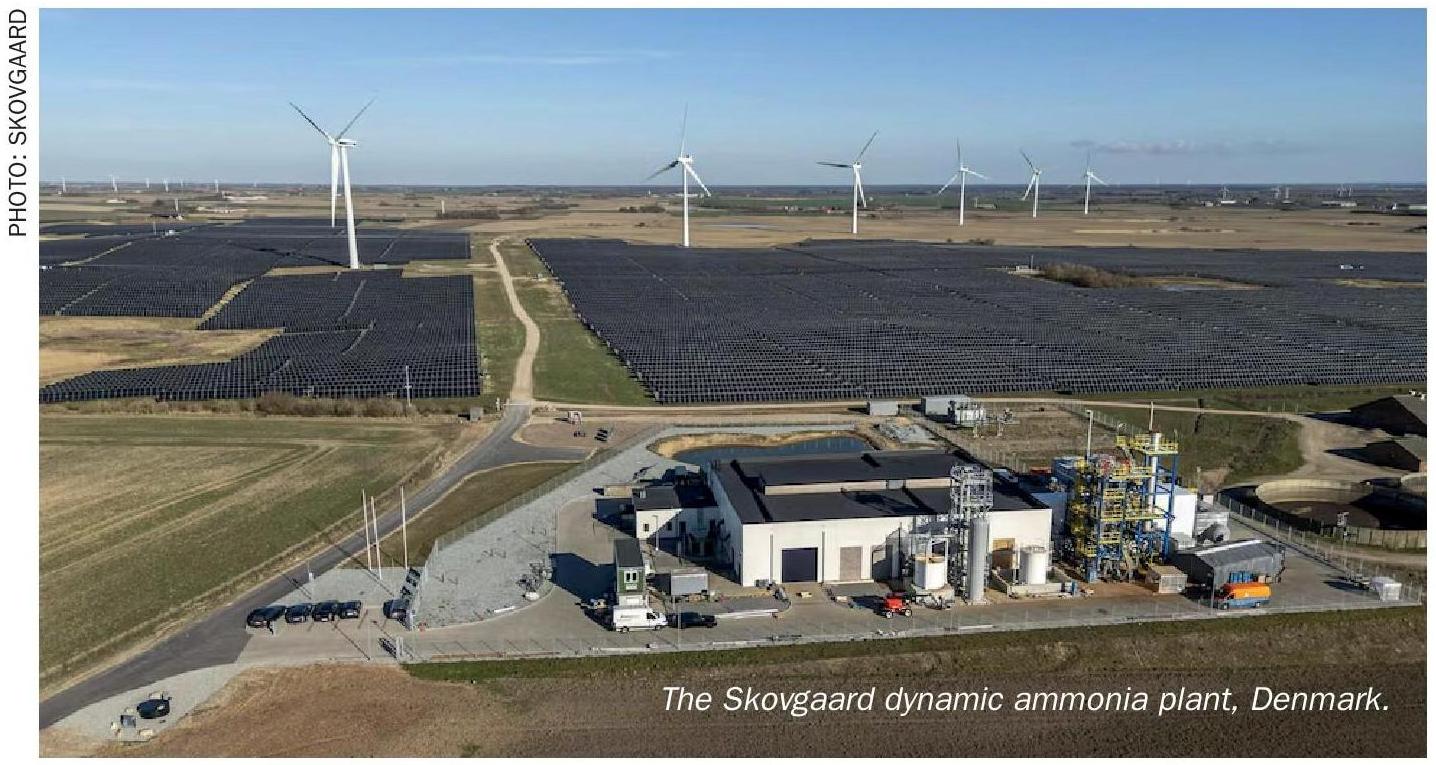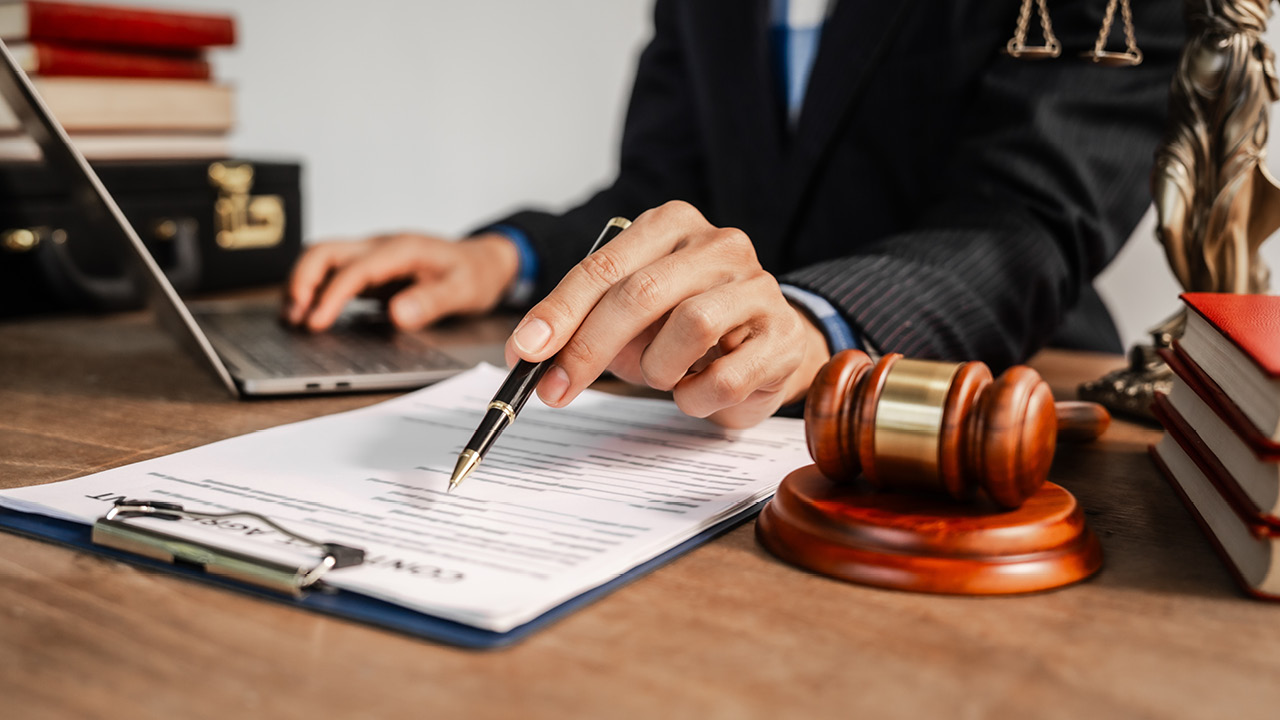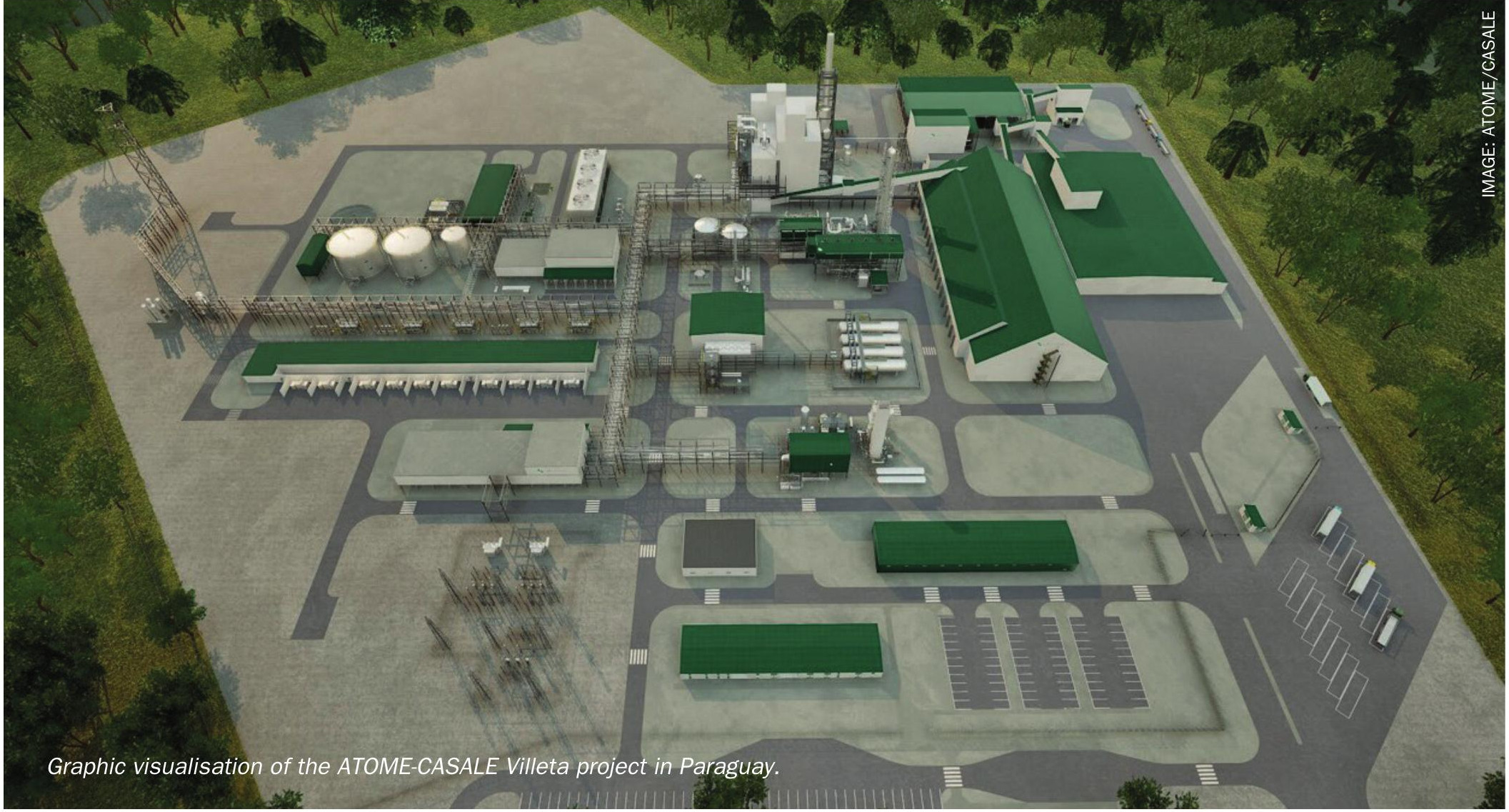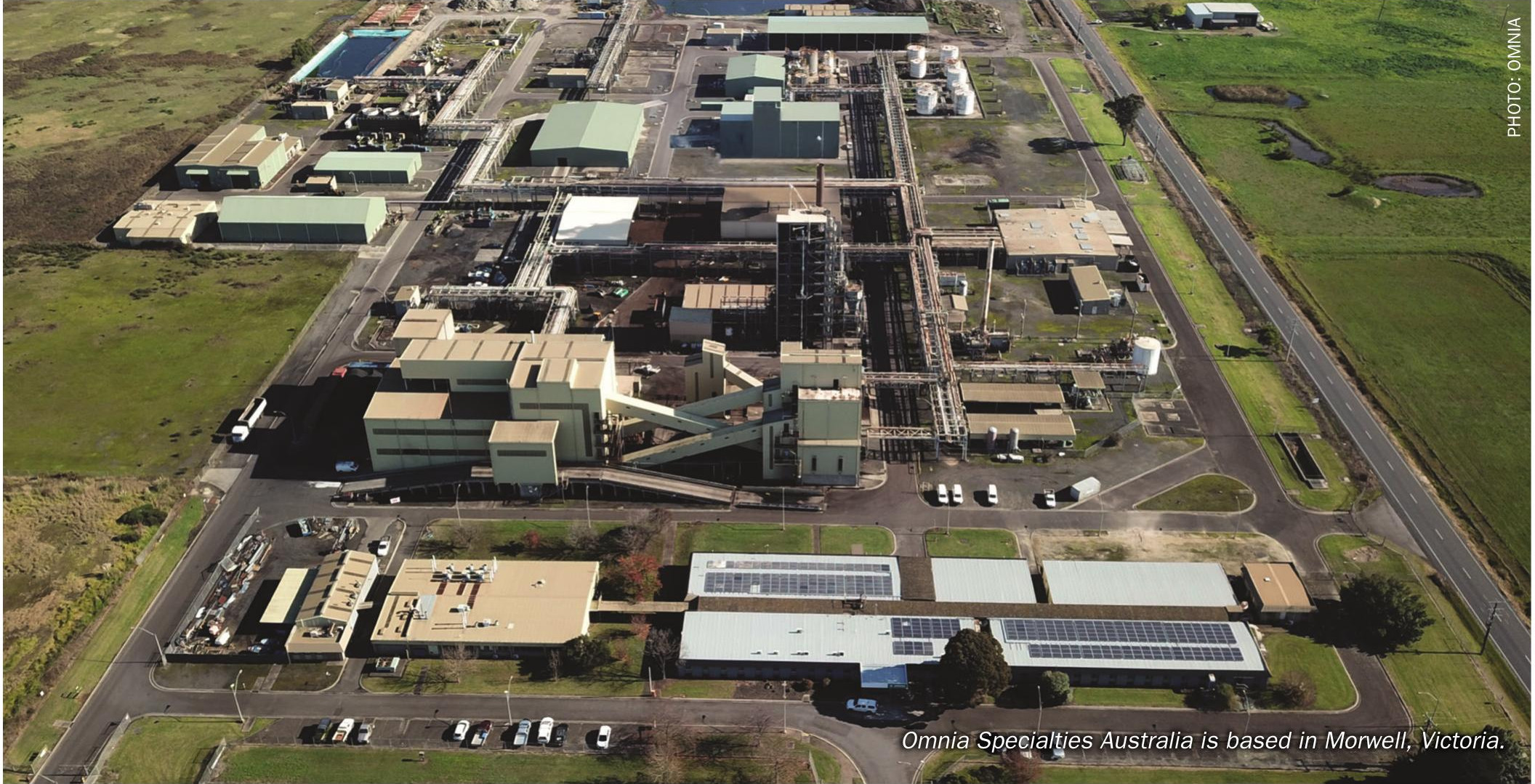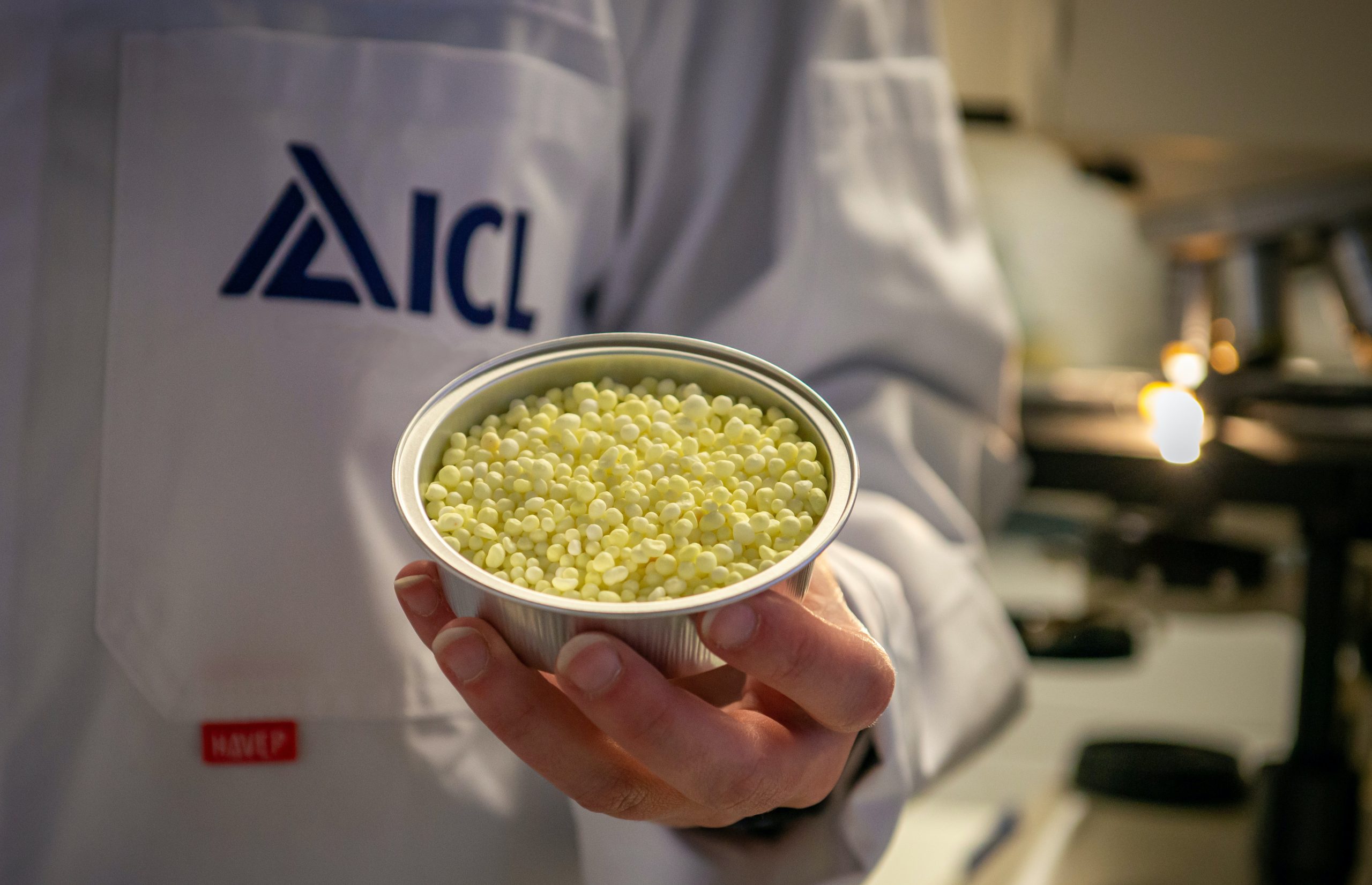Sustainability/Environment
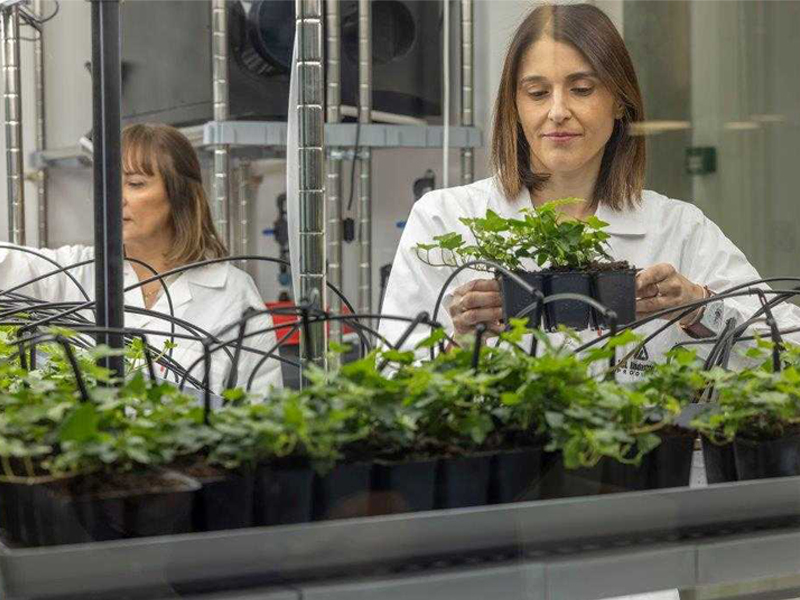
6 May 2025
Press Release: ICL acquires Lavie Bio, strengthening microbial ag solutions
ICL Press Release: 6 May 2025
ICL, the global plant nutrition specialist, has acquired Lavie Bio, a leader in the development of microbial-based agricultural solutions.
“This strategic move is a direct reflection of ICL’s vision to become a global powerhouse in agricultural biologicals, positioning ICL at the forefront of one of agriculture’s sustainable practices,” says Dr Elinor Erez, vice president of research and development at ICL.
It marks ICL’s fourth acquisition over the past 12 months, demonstrating its dedication to creating innovative, customised solutions for the farm sector. In January, the firm bought GreenBest, a UK-based manufacturer specialising in bespoke fertilisers for the horticulture, sports turf, and landscape sectors.
And last year it acquired Nitro 1000; a Brazilian developer of biostimulants, and CAF; a North American provider of bespoke agricultural formulations like liquid adjuvants and enhanced nutrients.
These strategic acquisitions sit alongside a $2.5m (£2.05m) investment in a cutting-edge new biological research and development centre in Israel. “This ties in with our overall strategy of developing groundbreaking products to improve global food security and sustainability,” notes Dr Erez. “It also positions the business for continued growth in new and adjacent markets.”
Lavie Bio is internationally recognised for its cutting-edge, AI-driven platform for the development of biostimulants and biopesticides. It began working with ICL more than two years ago through the ICL Planet Startup Hub – a strategic investment focused on creating innovative biostimulant solutions for row crops facing various abiotic stresses.
Two projects are already in advanced stages – focused on cotton and soyabean crops in the US and Brazil – leveraging Lavie Bio’s cutting-edge technology and ICL’s agronomic expertise and global footprint.
“Future products will be focused on improving soil health and reducing emissions, ensuring sustainable agriculture, with a lower carbon footprint,” says Dr Erez. “In addition, farmers will benefit from higher yields and resistance to different abiotic stresses, ultimately benefiting their bottom line in a volatile market.”
Key Benefits of the acquisition:
- MicroBoost™ AI technology: ICL will gain access to the MicroBoost AI platform, accelerating biological R&D and enabling the development of new products that deliver greater global benefits to end growers.
- Global microbial collection: With access to more than 150,000 microbial strains, ICL will develop targeted, crop-specific solutions for different regions around the world.
- Integration and next generation: By combining Lavie Bio’s talented scientific team and technology with ICL’s R&D expertise and global agronomic reach, ICL will strengthen its leadership in the biological sector and deliver the next generation of bio solutions.

